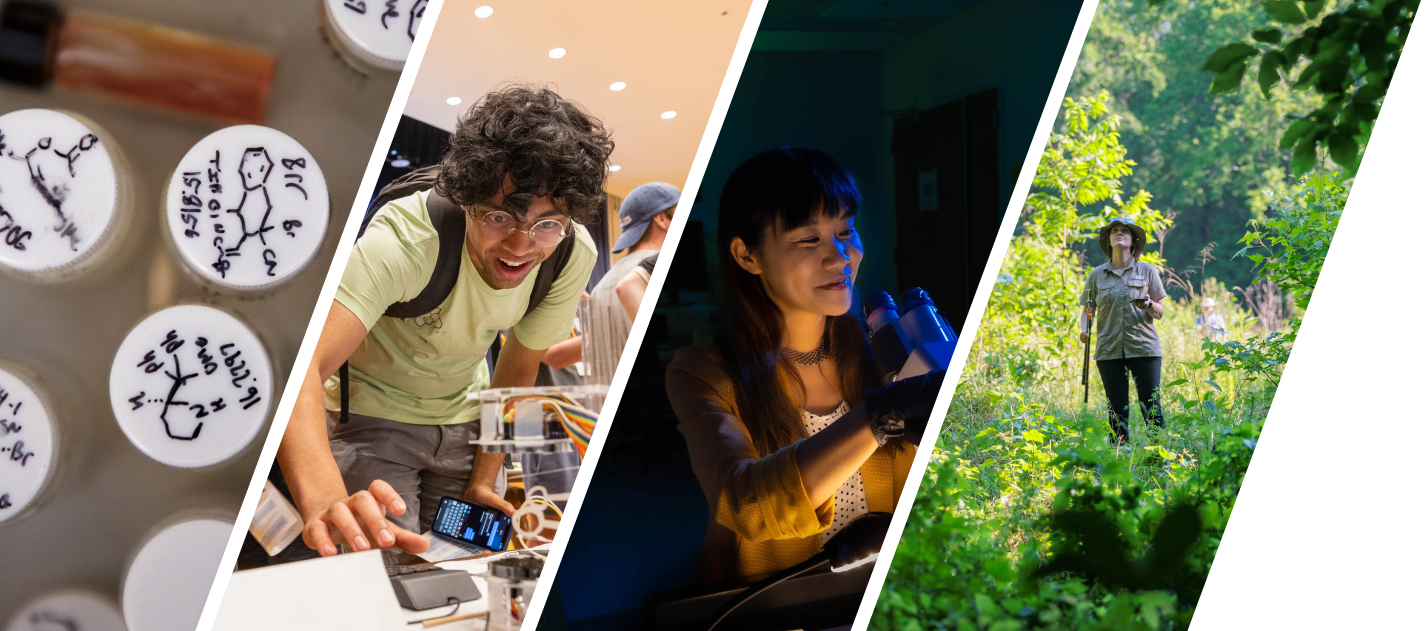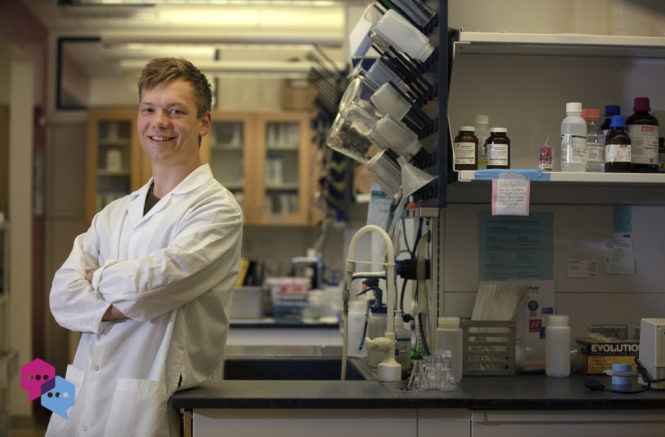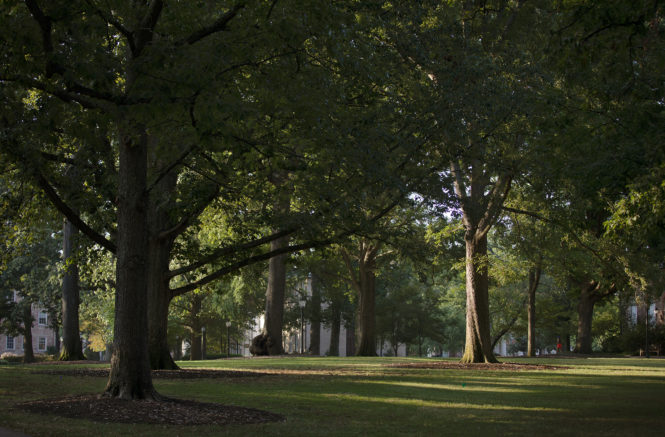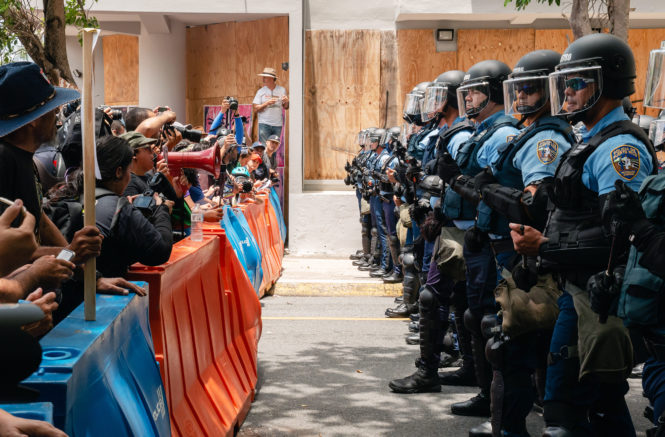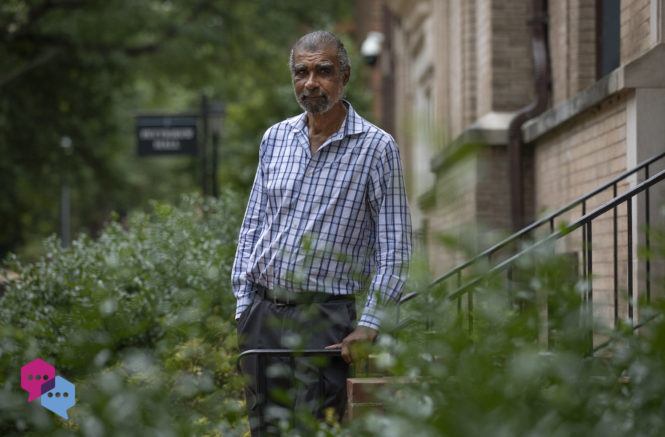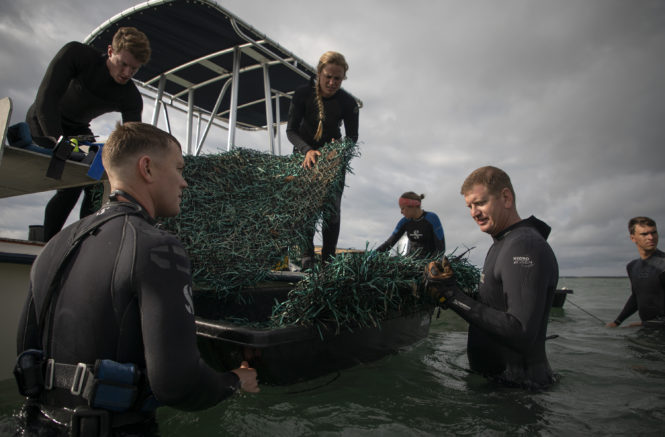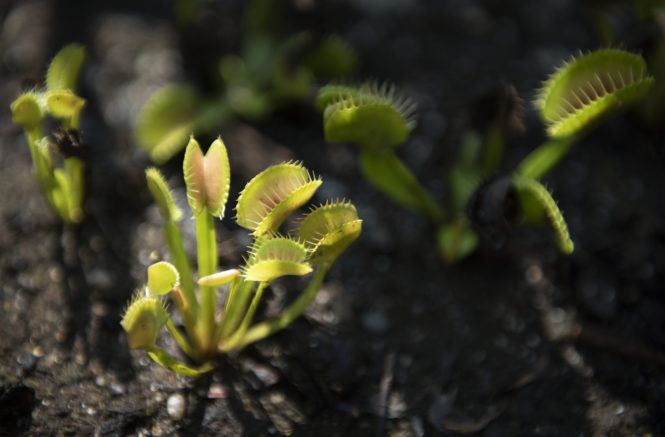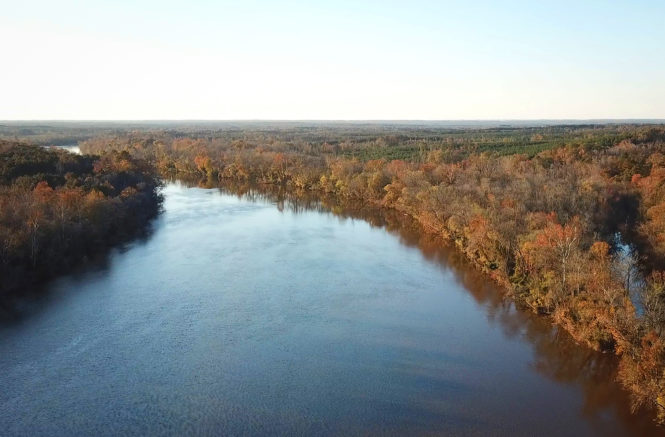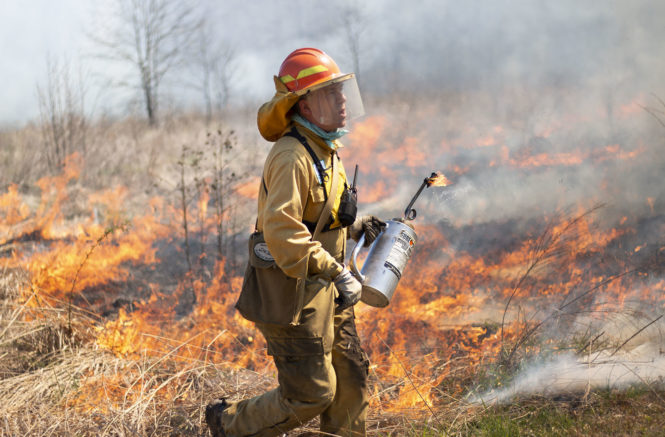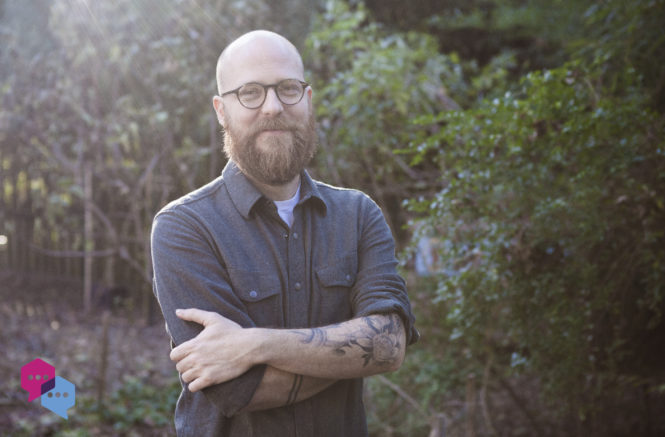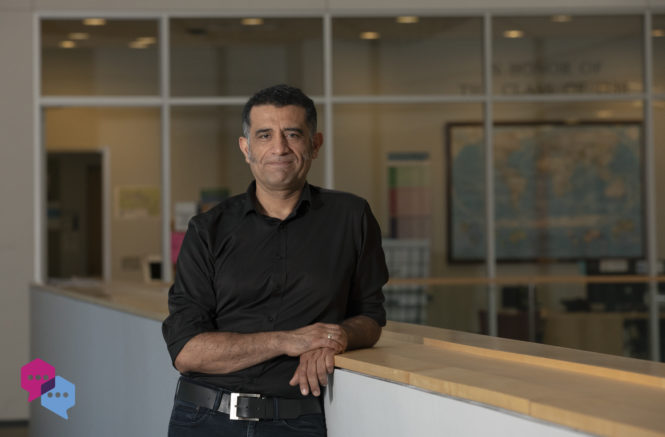Donald Fejfar
Don Fejfar is a junior and Morehead-Cain Scholar majoring in biostatistics within the UNC Gillings School of Global Public Health. He studies how disease relates to food and water quality, security, and accessibility on Isabela Island in Galápagos, Ecuador.
Old Growth, New Life
The Davie Poplar. Walter’s Pine. The Monarch of the Forest. While these natural landmarks on UNC’s campus were here long before the university was, they’ve become a prominent part of its history. But what happens if they die? A team at Carolina has an innovative solution for preserving their stories.
Puerto Rico’s Breaking Point
After Hurricane Maria swept across Puerto Rico in 2017, millions of people lost power — some for nearly a year. But the blackout wasn’t just the work of a powerful hurricane. Decades of debt, economic dependence, and bad financial deals set up the territory and its electrical company, PREPA, for failure. To get to the root of the catastrophe, UNC anthropologist Sandy Smith-Nonini and filmmaker Roque Nonini teamed up to create a documentary about the underlying forces of Puerto Rico’s energy crisis.
Perry Hall
Perry Hall is an associate professor in the Department of African, African American, and Diaspora Studies within the UNC College of Arts & Sciences. He researches how music and expressive culture emerging from grassroots African American spaces shape the American perspective.
A Solution for Seagrass
Seagrasses are vital habitats in North Carolina coastal waters, but their numbers have dwindled over the years. A team at the UNC Institute of Marine Sciences is exploring what type of seagrass structure marine life prefer in order to best approach restoring these important aquatic environments.
Carnivorous Conservation
Native only to a 90-mile inland radius around Wilmington, the Venus flytrap is a symbol of the Atlantic coastal plain’s unique ecology — and a contender for the federal endangered species list. As wild populations suffer due to poaching and habitat loss, UNC researchers work to preserve these carnivorous wonders through genetic testing and seed banking.
Julianna Prim
Julianna Prim is a PhD student in the Human Movement Science Curriculum within the Department of Exercise and Sports Science and the Department of Allied Health Sciences' Division of Physical Therapy. She helps develop concussion-testing protocols for active duty military members and uses brain stimulation to treat individuals with chronic low-back pain.
Trapped on the Surface
In the past decade, the Cape Fear River has become more susceptible to algal blooms — a potential public health concern for more than 1.5 million people relying on the river as a drinking water source. UNC researcher Nathan Hall thinks droughts and slow flows are the culprit, and aims to predict when future blooms will occur.
Fighting Fire with Fire
In its mission to inspire understanding, appreciation, and conservation of plants, the North Carolina Botanical Garden conducts a series of controlled burns each year to manage wildfires and maintain rare plant and animal habitats in Chapel Hill and Durham.
Chad Stevens Heartwood
Chad Stevens Heartwood is an associate professor within the UNC School of Media and Journalism. As a documentary filmmaker and journalist, he researches the collision between human needs and the environment. His most recent project, “Farmsteaders,” follows a young family focused on resurrecting their late grandfather’s dairy farm.
Eleftheria “Ria” Kontou
Eleftheria “Ria” Kontou is a postdoctoral research associate in the Department of City and Regional Planning within the UNC College of Arts & Sciences. She uses transportation models to uncover whether ride-sourcing platforms like Uber and Lyft affect city road crashes, injuries, fatalities, and DUI rates to help urban planners identify solutions for safe, efficient mobility.
Juan Carlos González Espitia
Juan Carlos González Espitia is an associate professor of Spanish in the Department of Romance Studies within the UNC College of Arts & Sciences. In his historical study of syphilis in the Spanish-speaking world, he explores the ways the disease affects private and public life, literature, the arts, medical discourse, politics, and public policy.



